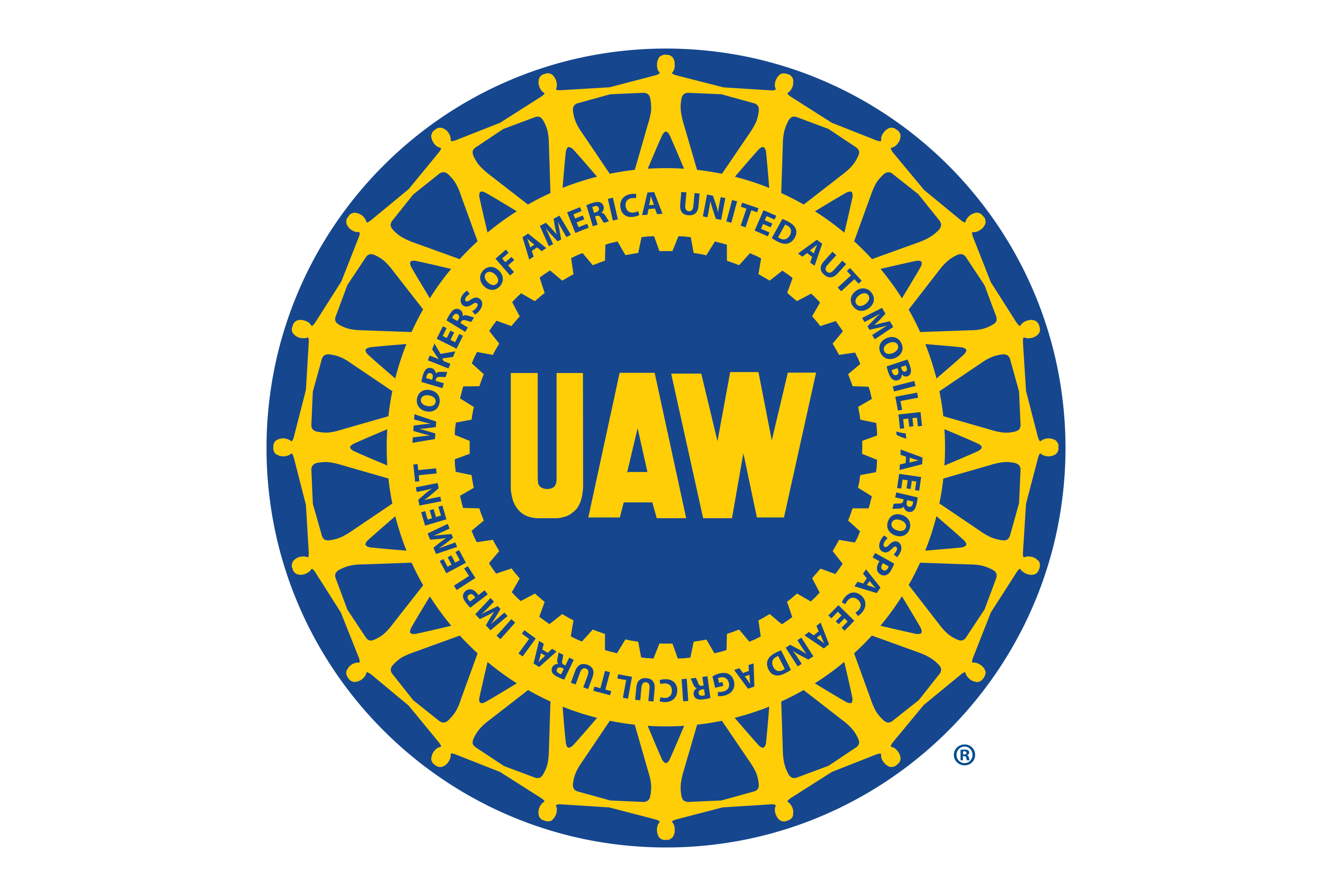Downstream Products
March 4, 2025
Downstream industries brace for tariffs
Written by Stephanie Ritenbaugh
As the Trump administration pulls the trigger on 25% blanket tariffs against Canada, Mexico and China, downstream industries are preparing for some pain.
Construction sector to see costs rise
For the construction industry, Ken Simonson, chief economist for the Associated General Contractors of America, believes the immediate impact of levies will first be felt by contractors who have already committed to a project at a fixed price or guaranteed maximum price, cutting into their margins.
“The bigger impact will come from the next round of bids and estimates, which will reflect the actual and expected tariffs,” Simonson told SMU.
Some developers may postpone or scale back projects in the hope that the tariffs will go away, seek out additional investors, or nix projects entirely.
“But the worst impact may come from the retaliation that reduces demand for US exports,” Simonson said. “That will cause a cutback in income for growers, food processors, manufacturers, warehouses, and transportation firms and their employees, resulting in less demand for many types of construction.”
In addition, projects using materials made in the US are likely to see those prices rise and lead times extend as more suppliers see demand increase, he noted.
Heavy equipment will also see higher costs
The Association of Equipment Manufacturers (AEM) slammed the use of “broad and indiscriminate” penalties.
“Imposing 25% tariffs on imports from Canada and Mexico will hurt American manufacturers and farmers,” said Kip Eideberg, AEM senior vice president of government and industry relations. “Our North American trading partners are a critical part of the supply chains that power the equipment manufacturing industry. Tariffs on critical parts and components will drive up costs, disrupt production, and threaten tens of thousands of jobs across the United States.”
“Maintaining strong trade relationships with Canada and Mexico is vital to America’s continued economic growth and national security,” he added. “It is imperative that we protect the economic engine that is North America from policies, however well intended, that will stifle growth at the worst possible time.”
Autoworkers call for end to free trade deals
The United Autoworkers said tariffs can be a tool to undo “the free trade disaster.”
“There’s been a lot of talk of these tariffs ‘disrupting’ the economy. But if corporate America chooses to price-gouge the American consumer or attack the American worker because they don’t want to pay their fair share, corporate America bears the blame for that decision,” the union said in a statement. “The working class suffered all the pain of NAFTA, and we won’t suffer all the pain of undoing NAFTA.”
The UAW said it is in talks with the Trump administration regarding auto tariffs expected in April.
“We want to see serious action that will incentivize companies to change their behavior, reinvest in America, and stop cheating the American worker, the American consumer, and the American taxpayer,” UAW said.







